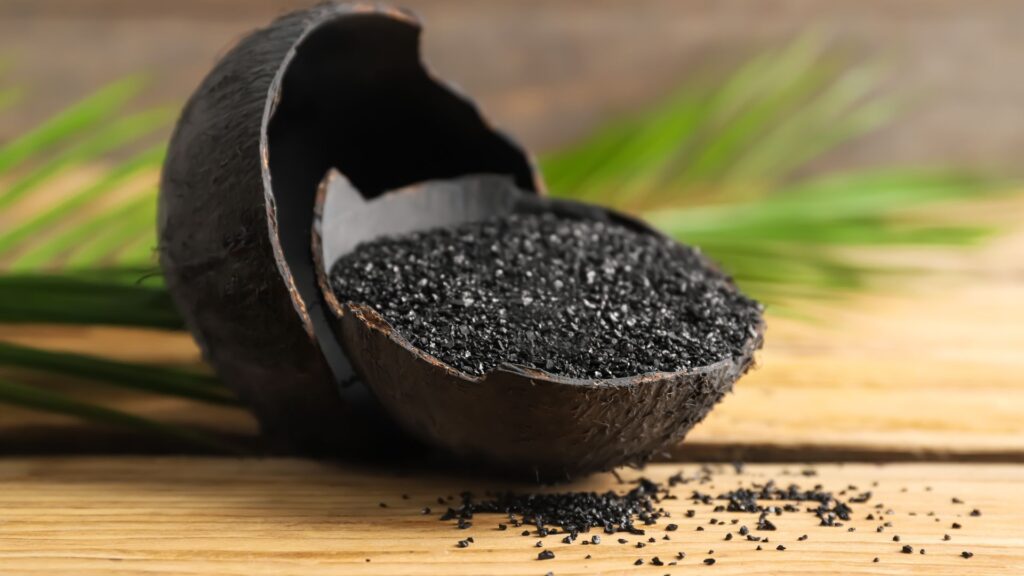What’s up, hookah fam? Dive into the heart of a stellar shisha session with me – yep, we’re talking about the unsung hero, shisha charcoal. It’s not just about what you smoke; how you heat it makes all the difference. Let’s unwrap the mystery behind shisha charcoal and get those clouds rolling in style.
Charcoal 101: The Hookah’s Heartbeat
So, here’s the scoop on shisha charcoal: It’s basically the engine of your hookah, turning your favorite shisha tobacco into those lush clouds of flavor. There are two main players in the game – natural coconut charcoals and the quick-to-light squad.
Natural vs. Quick Light: The Crossroads
Got a minute? Natural coconut coals are your best bet for a chill, chemical-free session. They’re the eco-friendly choice, made from coconut shells, and they’re all about that clean, steady burn. But hey, if you’re in a rush or just can’t deal with the wait, quick-lighting coals are your fast pass to flavor town. They spark up with just a flick of your lighter. Each type has its vibe, so pick your potion.
Why You Gotta Go High-Quality
Here’s the real talk: cheap charcoal is a buzzkill. Quality shisha charcoal keeps the heat even and your session smooth. It’s like the difference between a fine wine and a box of the cheap stuff – both get you there, but the journey (and taste) can be worlds apart.
Shoutout to Aracoco: The Charcoal Champions
When whispers of top-tier shisha charcoal float around, Aracoco’s name pops up a lot. They’re all about sustainable, quality coals that don’t mess with Mother Earth or your hookah experience. Though I can’t link you directly, a quick search for Aracoco will guide you to charcoal nirvana.
The Art of Lighting It Up
Lighting your charcoal is more than a step; it’s part of the ritual. For the natural coal crew, a burner is your best friend, getting those coals red-hot without a fuss. Quick-light lovers? A lighter’s all you need. Just wait for the coals to get that ashy look before you crown your hookah bowl with them.
Wrapping Up: Your Hookah, Your Rules
And that’s the lowdown on powering up your shisha sessions. Whether you lean towards the natural essence or the quick convenience, remember: quality charcoal is your ticket to a premium hookah experience. Find your favorite, light it up, and dive deep into those tasty, aromatic clouds. Here’s to making every puff count!



